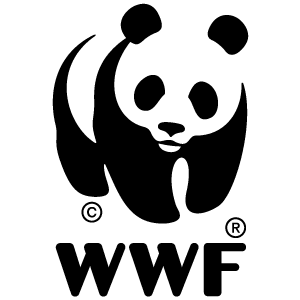Europe cool toward faster action on climate change
 Poznan, Poland - The European Union reacted coolly Wednesday to calls by poor and island nations to take bolder action against global warming, saying such an effort may be "very costly."
Poznan, Poland - The European Union reacted coolly Wednesday to calls by poor and island nations to take bolder action against global warming, saying such an effort may be "very costly."
The conflict is one of many playing out at this year's main UN climate conference, where some 190 countries are trying to pave the way for a global deal next year to curb emissions of so-called greenhouse gases.
The 27-nation EU says it wants to keep the planet's temperatures from rising more than 2 degrees Celsius above pre-industrial levels. Island nations in particular fear that's not enough to avoid being submerged by rising seas.
"It's a simple survival issue if you look at the implication of sea-level rises," said Stephan Singer, head of global energy policy at the Worldwide Fund for Nature (WWF).
The world's poorest nations and the Alliance of Small Island States - together more than 90 countries - are saying at the conference that a 1.5-degree rise would be a safer limit.
Artur Runge-Metzger, a delegate for the European Commission, the EU's executive arm, said studies on whether such a target is feasible were under way.
"It's very hard to get there and probably very costly," he told a news conference. "But the studies that have been done are not very detailed."
The EU says any warming beyond 2 degrees risks causing "irreversible and possible catastrophic environmental changes."
Setting the limit lower would require more ambitious targets by rich countries to cut greenhouse gases - mainly carbon dioxide spewed out when people burn fossil fuels like petrol, oil and coal.
The EU has proposed cutting its emissions at least 20 percent below 1990 levels by 2020.
But EU countries are deadlocked over how to distribute the cuts, with Italy and ex-communist nations in eastern Europe saying the Brussels blueprint would make energy prices in their countries too high.
Objectors include conference host Poland, which relies on relatively cheap but polluting coal for more than 90 per cent of its energy.
Two weeks of UN talks at Poznan, Poland, are also hampered by a lack of similar targets from key polluting countries such as Japan, Australia, Canada, Russia and the United States, which has long been the number one emitter.
Real negotiations are on hold until Barack Obama is inaugurated as the US president on January 20, taking over from a Bush administration seen by most of the world as an obstacle in the fight against climate change.
Obama wants to cut US emissions back to 1990 levels by 2020 as a first step, using binding limits and a nationwide pollution permit system that forces dirty industries to pay.
Such an emissions cut "would be a bold step ... because of the criminal inaction by the Bush administration," Singer told reporters.
This year's UN talks are meant to pave the way for a global accord next December in Copenhagen, Denmark, that will curb emissions in rich and poor countries and offer developing nations help with clean technology.
The aim is to replace a 1997 treaty known as the Kyoto Protocol, which binds three dozen industrial countries to emissions cuts. The US declined to join Kyoto, but Obama has pledged to restore American leadership in the UN talks. (dpa)